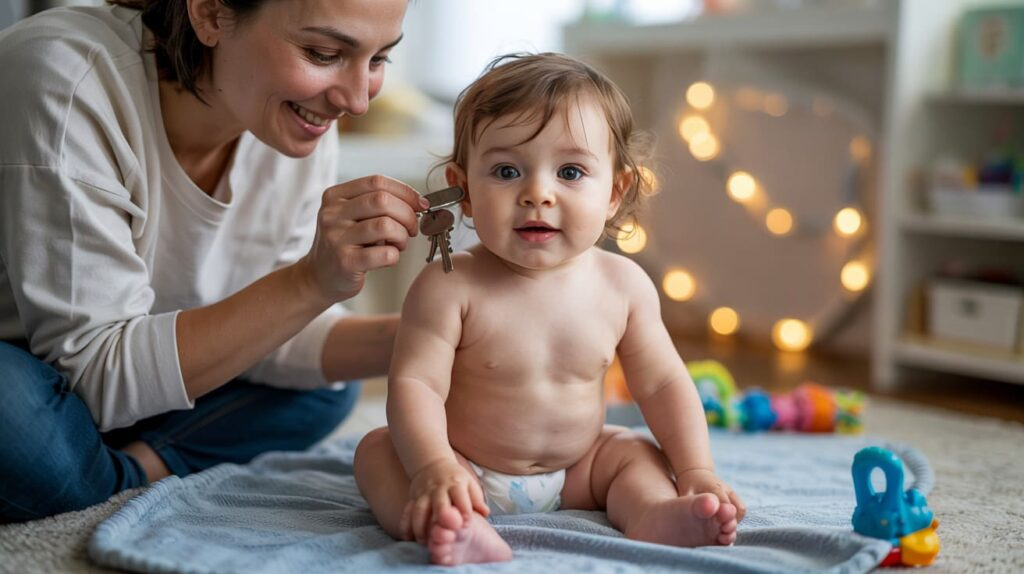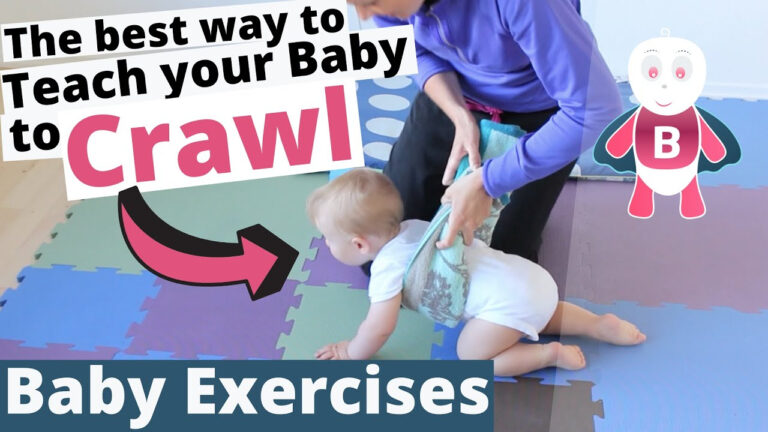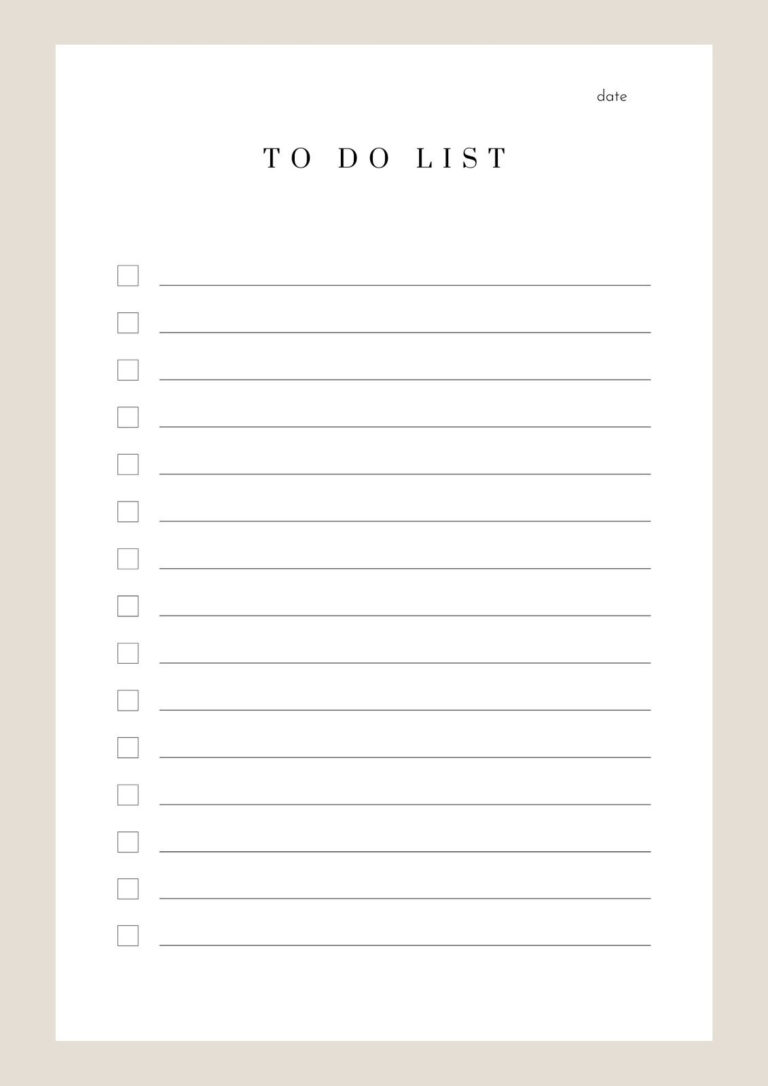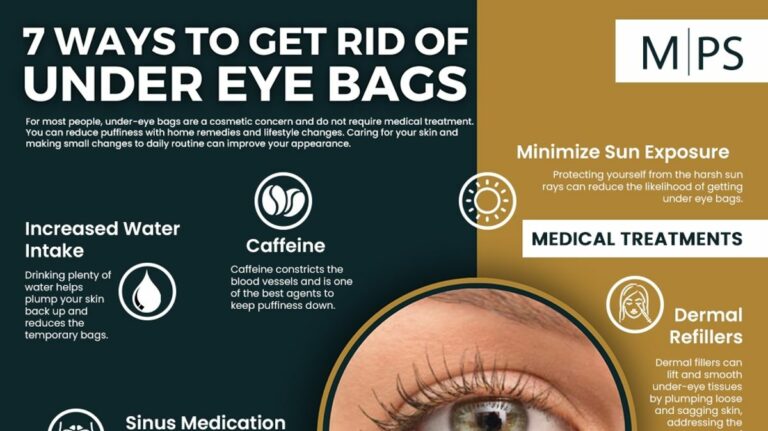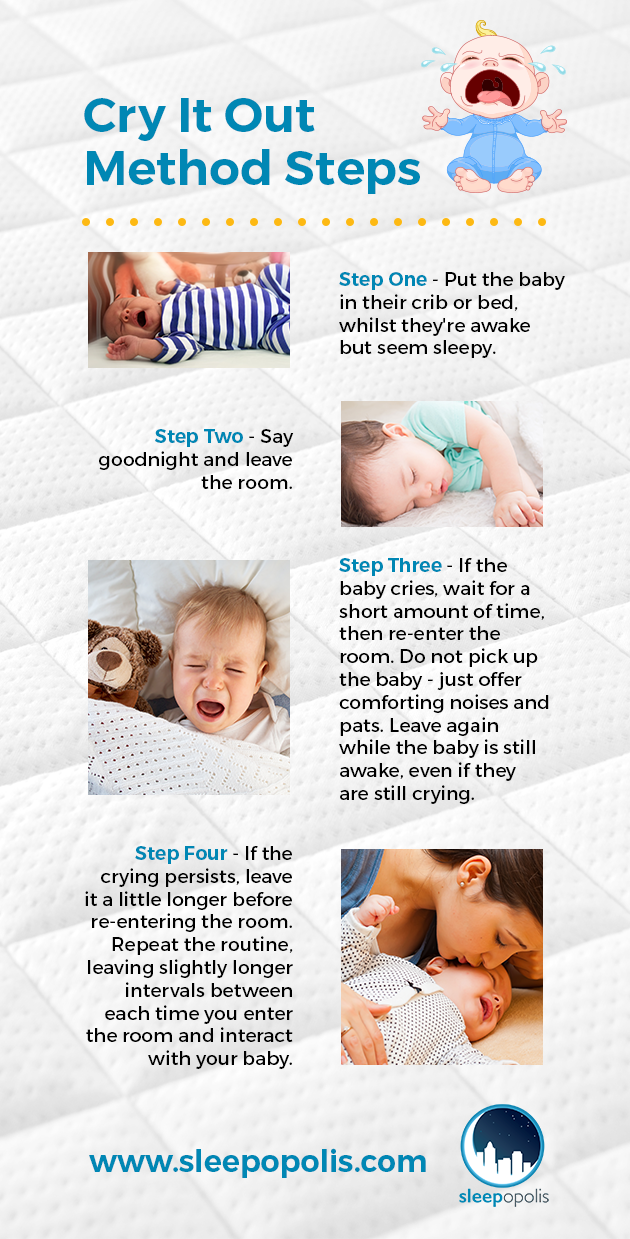How To Test Baby Hearing At Home: A Comprehensive Guide
As a parent, ensuring your baby’s health and well-being is a top priority. One important aspect of your baby’s health is their hearing. Early detection of hearing problems can lead to better outcomes, which is why knowing how to test your baby’s hearing at home is crucial. In this article, we will guide you through the process of testing your baby’s hearing in the comfort of your own home.
Knowledge
When it comes to testing your baby’s hearing at home, there are a few key things to keep in mind. First and foremost, it is essential to be aware of the signs of hearing loss in babies. Some common signs include not responding to sounds, not turning towards loud noises, and not being startled by sudden loud sounds. If you notice any of these signs, it is important to consult with a healthcare professional for further evaluation.
There are several methods that can be used to test your baby’s hearing at home. One simple method is to make loud noises or sounds and observe your baby’s reaction. For example, you can clap your hands, ring a bell, or play music and see if your baby responds by turning their head towards the sound. Another method is to softly call your baby’s name from behind or out of their line of sight and see if they respond.
Another common test that can be done at home is the distraction test. This involves making a loud noise while your baby is engaged in an activity and observing their reaction. If your baby does not respond to the noise or is not distracted by it, it may be a sign of hearing loss.
It is important to keep in mind that these home tests are not a substitute for professional hearing tests conducted by a healthcare provider. If you have any concerns about your baby’s hearing, it is best to consult with a pediatrician or an audiologist for a proper evaluation.
Conclusion
In conclusion, knowing how to test your baby’s hearing at home can help you detect any potential hearing problems early on. By being aware of the signs of hearing loss in babies and using simple tests to assess your baby’s hearing, you can take proactive steps to ensure your baby’s auditory health. This information is valuable for parents who want to stay on top of their baby’s well-being and address any concerns promptly.
Overall, testing your baby’s hearing at home is a simple yet important task that can have a significant impact on your baby’s development. By being proactive and observant, you can help ensure that your baby has the best possible start in life.
